The river Evros Delta
The river Evros is the second largest river in the Balkans after the Danube. Its source is located in the northern parts of the Bulgarian Rila, and after a journey through the fertile plain in eastern Romilia, it ends in the Thracean Sea east of Alexandroupoli, a 515 km distance.
Upon reaching the sea, the river transports huge amounts of materials in its current that are left on its estuaries. These materials that account to 170.000 tons a year, (soil, sand, mud and tree trunks), extend the land towards the sea and hinder the free flow of the river forcing it to doff into the sea creating numerous streams.
The Delta’s wetland with its many streams, lakes, lagoons and islands that are created and the dense forestation is one of the few wetlands of Greece that remains and is of invaluable importance. The river traps huge quantities of carbon dioxide due to the dense forestation, and stores or releases warmth, regulating the microclimate of the area. It protects land and water, in places where the corrosion is great, preserves important natural plantation on soil that is naturally not fit for cultivation and because of the great humidity, it favors the existence and preservation of a great variety of flora and fauna.
350 plant species form the natural vegetation of the Delta. A lot of animal species find ideal conditions in order to reproduce and multiply. A great variety of fish live here as well as crustaceans, mollusks, worms, salamanders and frogs and toads. All these, together with the millions of mosquitoes multiply in the marshy waters, give plenty of food to reptiles, amphibians and small birds while bigger ones have easy access to prey.
The species that have been recorded in the Evros Delta are 46 fish species, 7 of amphibians, 21 species of reptiles and more than 40 species of mammals including otters, ferrets, wild cats, weasels, skunks, hedgehogs, squirrels, bats and hares. The river Evros Delta offers a home to a great variety of birds. Furthermore, this wetland is used for the migration or hibernation of many other species, as thousands of birds use the Delta as a stopover during their migration from Europe to Africa and vice-versa. 310 bird species that represent 74% of 420 species recorded in Greece have been found in the Delta
.
The Evros Delta, therefore, is a biotope of extreme importance. If we combine the fact that it is so close to another very important biotope, the Dadia river and neighboring mountains where many birds of prey like sea eagles, short-toed, golden and lesser-spotted eagles come here to feed, its significance reaches a whole different level.
In order to protect this lush ecosystem, both national and international contracts have been signed while special programmes have been developed so that people can get acquainted with these biotopes and their abundance in walking, swimming and flying residents.
Source: https://www.e-evros.gr




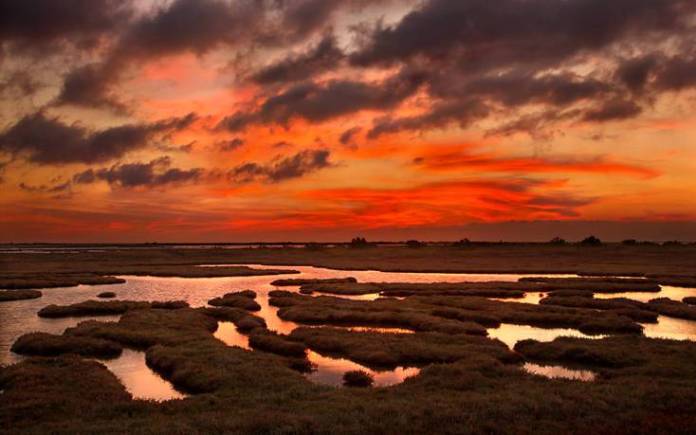
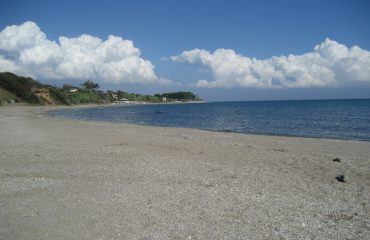
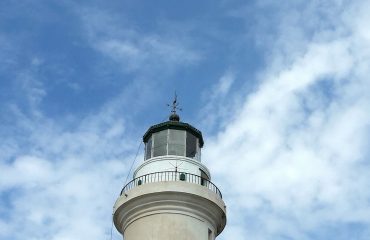
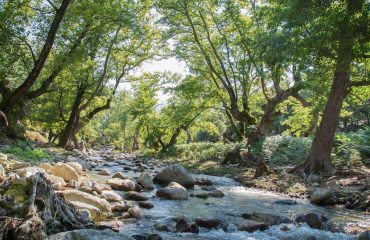
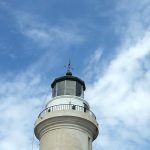
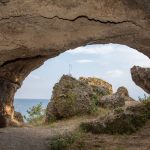
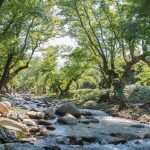
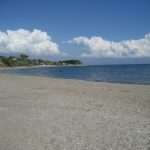
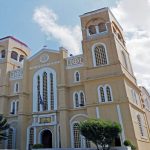


Recent Comments